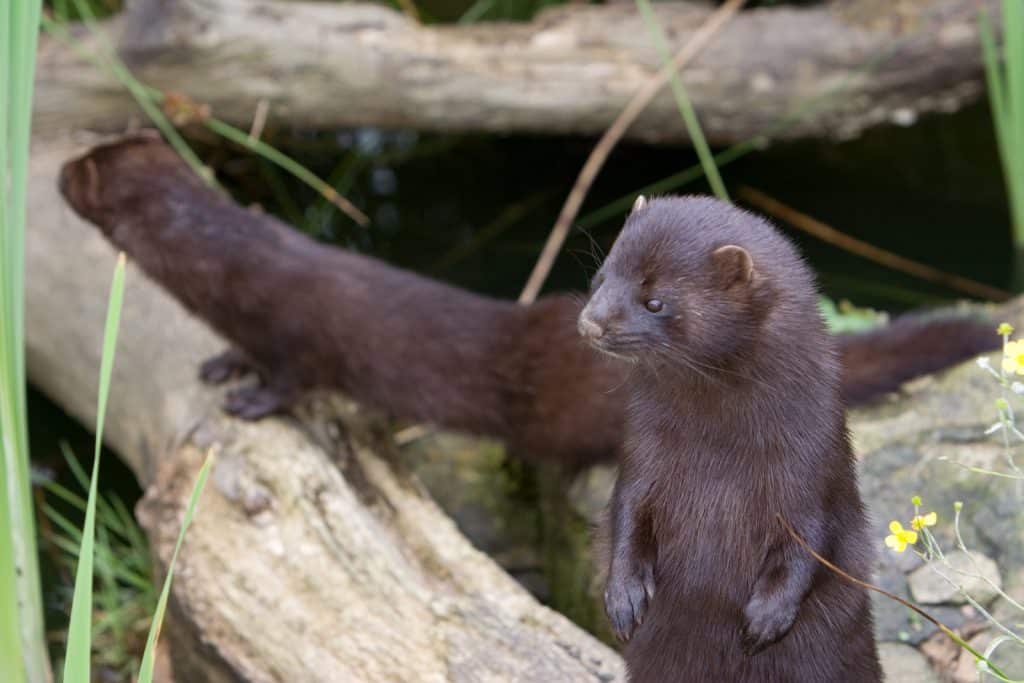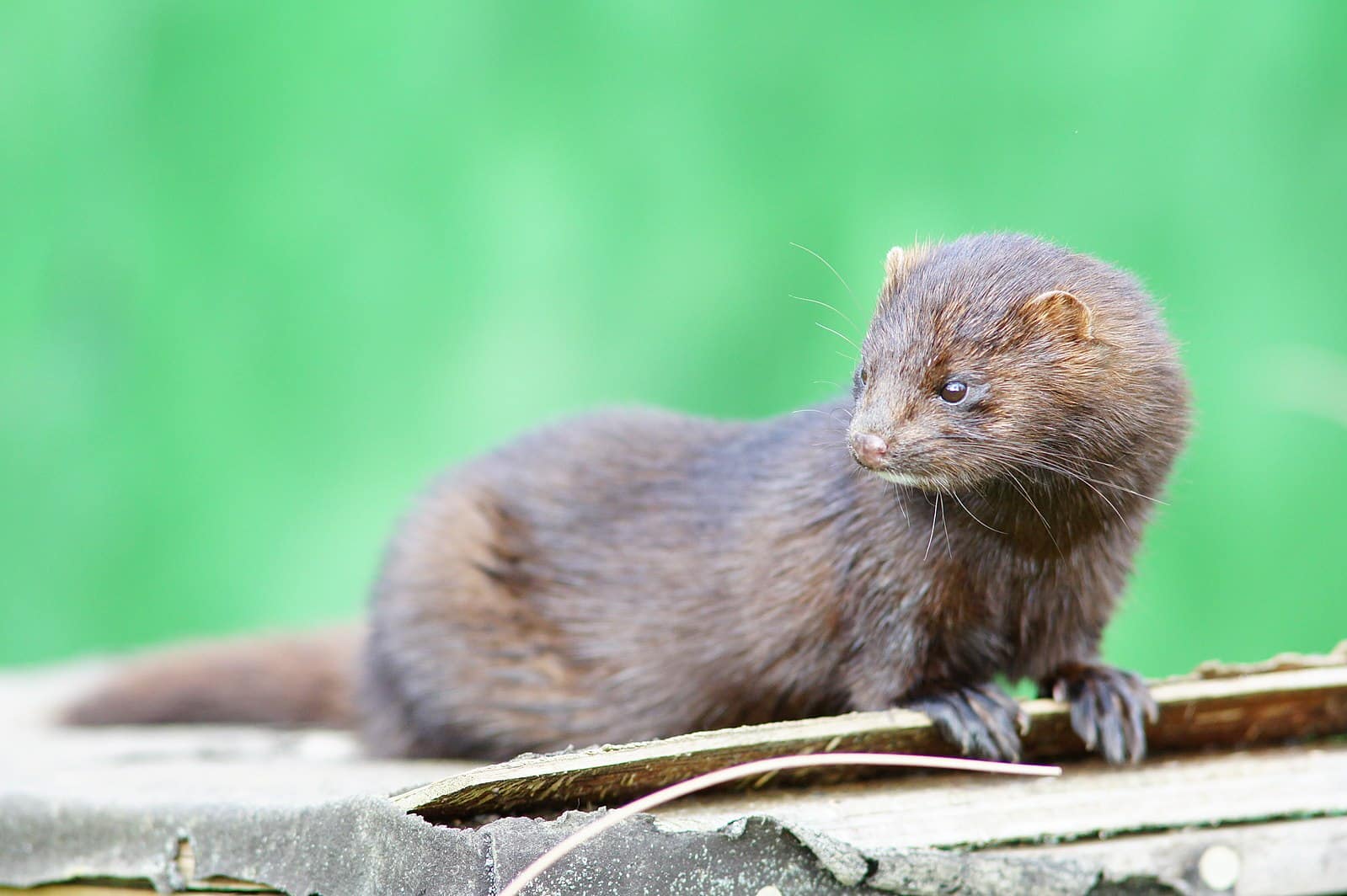UPDATE (9-11-20): Following original publication of this article, and a significant backlash from Danish MPs, Denmark has decided to drop plans for the cull. Their concerns included the livelihoods of a large number of Danes and doubts over the science backing up the plan. The leader of Denmark’s largest opposition party, Jakob Ellemann-Jensen, claimed earlier today that “the government is taking away the livelihood of a large number of people without actually having the legal rights to do so”. The original article continues below:
Denmark has taken the unprecedented step of announcing a nationwide cull of its mink population, following the discovery of a new strain of Covid-19 in the animal.
The mink-related strain is but one of many mutations of the virus responsible for drawing the world to a standstill for the past nine months. However, as of 5th November, Denmark has found over 200 cases of this particular mutation. Furthermore, public health officials have warned that this particular variant could endanger the ongoing race for an effective vaccine.
Initial studies have indicated that those infected with the mink-related strain have a subdued response to the COVID antibodies, which are vital in fighting off the virus. The variant doesn’t appear to be any more dangerous or contagious than any other, but public health officials have nevertheless called the development ‘worrying’.
A vaccine is widely regarded as the only sustainable way out of the global pandemic, and Denmark is clearly unwilling to take any chances with the health of its citizens. Given that Denmark is the world’s largest producer of mink skins, the decision would not have been an easy one.

Difficult But Necessary
The Danish Prime Minister, Mette Frederiksen, made as much clear during her announcement of the cull last Wednesday. She said that “We have a great responsibility towards our own population, but with the mutation that has now been found, we have an even greater responsibility for the rest of the world as well”.
This responsibility will come at a hefty price, with government estimates showing that the cull will cost in excess of £600 million. Denmark is not alone, however – hundreds of thousands of the animal have already been culled across Europe, including almost 100,000 in Spain following a similar outbreak over the summer.
The move should help ease the number of cases in Denmark, which have been rising steadily since mid-October to nearly 1,500 per day at the time of writing. The UK, by comparison, saw an increase in cases of over 24,000 on 7th November alone, while the US confirmed 121,000 new cases on Friday. Read about the difficulties in the American response here.














